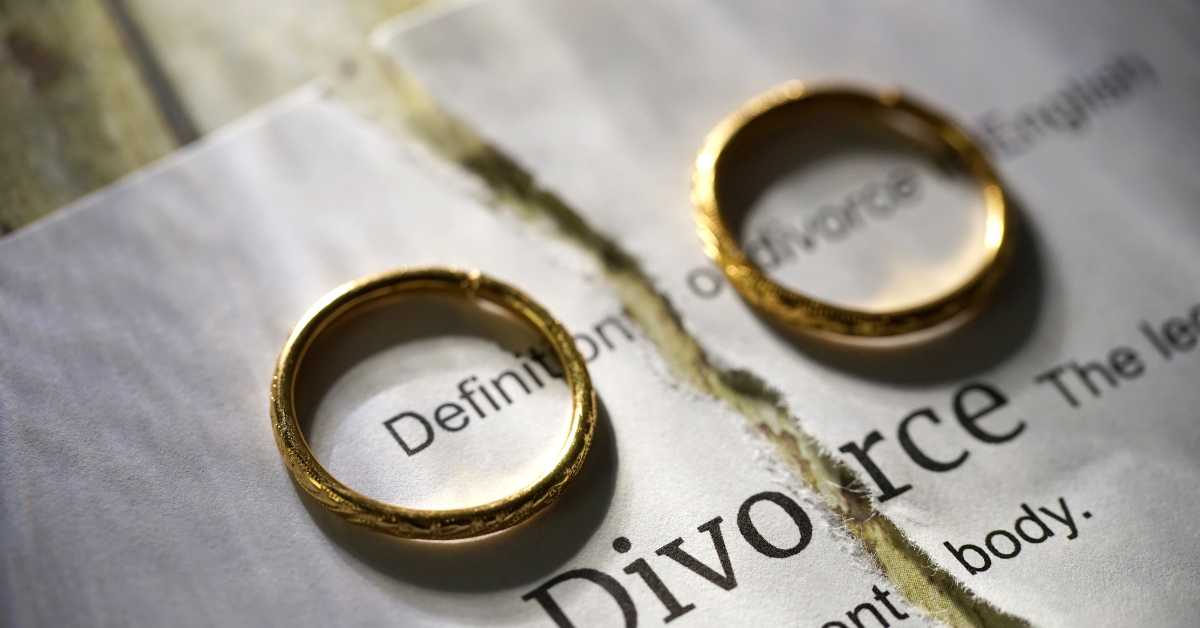Will Getting a Divorce Affect My Disability Benefits?

Going through a serious life change like a divorce is stressful enough without thinking about how it may impact your Social Security disability benefits. However, many claimants do not realize how a divorce may impact their benefits. How your benefits will be affected depends on which program you receive your benefits from and the basis of your eligibility.
The knowledgeable disability lawyers at Dayes Law Firm are ready to discuss how a divorce may affect your claim for benefits and assist you with making the proper notifications. Our consultations are 100 percent free.
Receiving SSI Disability Benefits
Supplemental Security Income (SSI) is a needs-based program. The amount of your SSI benefits is calculated on the amount of resources available to you, which includes a portion of your spouse’s income. When you get divorced, you may actually receive more in benefits since you no longer have access to this resource.
However, if you are awarded spousal support, this will be included as part of your countable, unearned income and may cause you to lose benefits or have reduced benefits.
Receiving SSDI Based on Your Work History
Social Security Disability Insurance (SSDI) provides benefits based on your work history. Your own benefits will not change because of a divorce since your benefits are determined solely on your work history.
However, if you are ordered to pay spousal or child support, a portion of your SSDI benefits can be garnished to pay these obligations.
Your dependents benefits may be affected.
Spousal Benefits
Your spouse will be eligible for spousal benefits if you were married for ten years or longer. However, if your marriage was less than ten years, your spouse will not be able to obtain to spousal benefits based on your record.
Also, if your spouse becomes eligible to receive more SSDI benefits based on their own record or if they remarry, their spousal benefits will be impacted.
Divorced Spousal Benefits
An ex-spouse may be eligible to receive divorced spouse’s benefits if he or she meets all of the following criteria:
- He or she was married to the SSDI recipient for ten years or more
- He or she is at least 62 years old
- He or she is not currently married
- He or she is not eligible for a higher Social Security payment on his or her own record
These benefits are only available if you qualify for SSDI disability benefits.
Survivor’s Benefits
If you pass away, your spouse may be eligible to receive survivor benefits even if you were divorced. Your spouse must meet the following criteria:
- You were married for at least ten years
- He or she is at least 50 years old and disabled or over age 60
- He or she is not remarried
- He or she is not eligible to receive a larger Social Security payment on their own record
It is also important to know that if your spouse remarried after the age of 60 or after the age of 50 when he or she was disabled, the Social Security Administration (SSA) will disregard the marriage and your spouse would still be eligible for benefits as long as the other criteria listed above are met.
Parent’s Benefits
If you currently care for the child of an ex-spouse who receives SSDI benefits and receive parent’s benefits, you will continue to receive these benefits if you continue to care for the child and he or she is younger than 16 years old or disabled. The benefits continue until the child becomes ineligible.
Learn About Your Options
Divorce may impact the amount of your benefits, depending on the program under which you are receiving benefits or if you are receiving dependent benefits. It is important that you contact the SSA and explain if you have recently gotten a divorce.
Our Social Security Disability lawyers in Phoenix are prepared to explain your rights and available legal options during a free consultation. No risk or obligations involved. No upfront fees unless you obtain compensation.
We are standing by to take your call. 1-800-503-2000.
